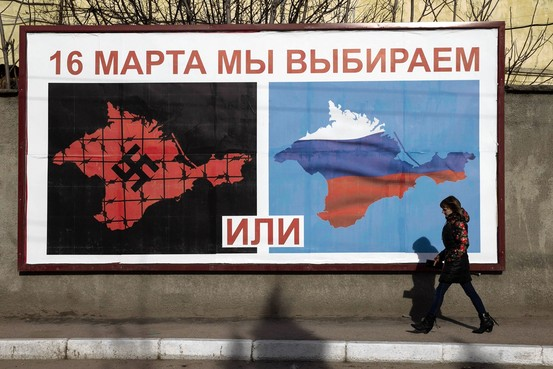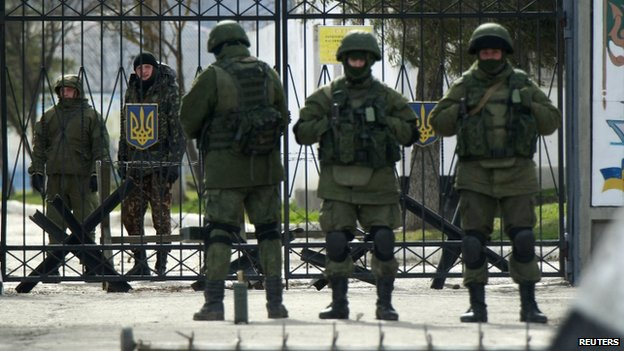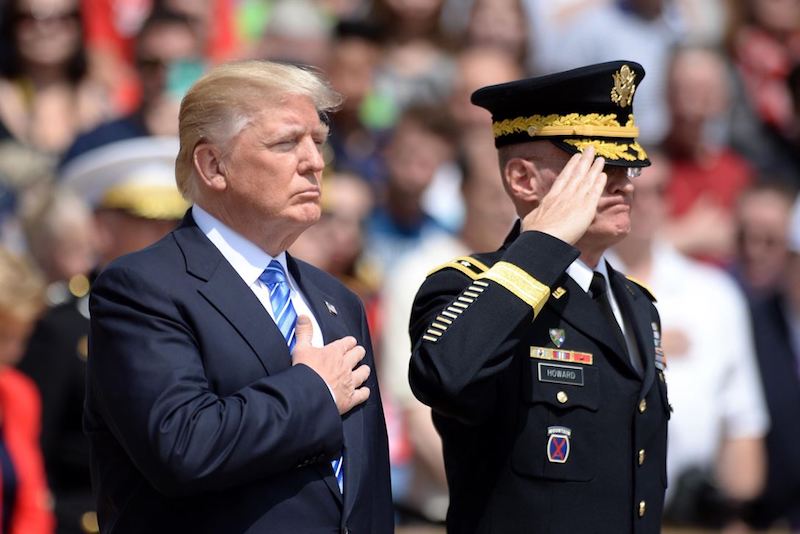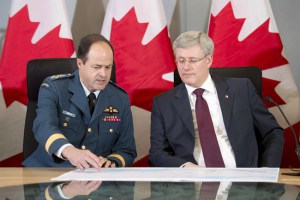Physical location has always played an important role in the political and social development of the Crimean Peninsula. Setting aside the current crisis gripping the area and intensifying animosity between the Russian Federation and Ukraine, it is interesting the observe the historic bargaining for Crimea which took place both under Imperial Russia and the Soviet Union. Prior to 1783, when the Russian Empire formally annexed it, the Peninsula was settled by Tatars and served as the heart of the Tatar Khanate. After the annexation and until 1954, Crimea belonged to the Empire and later the Soviet Union. Josef Stalin expelled the majority of Crimean Tatars to the eastern borderlands of USSR in the 1920s an 1930s; they finally began to return to the Peninsula in the early 1990s. In 1954 Crimea was transferred to the Ukrainian Soviet Socialist Republic by a decree of the Supreme Soviet of the USSR; the territory was a gift from the General Secretary of the Communist Party Nikita Khrushchev to the Ukrainian people. 
Many would now say that the gift has actually turned out to be a curse, as linguistic and ethnic tensions have catapulted the region to worldwide prominence in recent weeks. Whether one believes that the Kremlin is indeed protecting Russian supporters who have experienced oppression under the Ukrainian state or believes that the peninsula is an integral part of Ukraine, most agree that the current conflict does not dictate an easy resolution. While many strongly support Russian actions in the past week, there are also those who disapprove of the current course of action of the Crimean Parliament, including ethnic Ukrainians and Crimean Tatars. A number of European nations have also expressed their concerns, indicating that for some, the recent weeks have stirred bad memories of existence under the Soviet rule. Last week, the prime ministers of Poland, the Czech Republic, Slovakia, and Hungary expressed their shock at Russian actions and drew parallels to the experiences of their own countries in 1956, 1968, and 1981, respectively.
Parallels have also been drawn between the potential future of the Crimean Peninsula, as a Russian protectorate and a de facto state, and other de facto states, such as Abkhazia and Transnistria. Comparisons have largely been made with Transnistria, as it resembles Crimea in its demographic, with a majority Russian-speaking population, and its political ambitions of independence from its current state. The region experienced the conflict one can only hope will not take place in Crimea when Russian troops invaded Moldova in 1992 and open warfare took place for several months until a ceasefire agreement was signed on June 21, 1992. On March 2, 2014 Moldovan Prime Minister Iurie Leanca expressed concern about the similarity of the current crisis to the events of 1992 and stated his hopes that Ukraine will be able to preserve its territorial integrity. Some analysts claim that both Transnistria and Crimea play a central role in Russian President Putin’s game of geopolitical chess, as he attempts to use the method of the carrot and the stick to keep control of the former Soviet republics.
As the world awaits the results of the referendum scheduled for Sunday, March 16, 2014, which will ostensibly decide Crimea’s future, questions about the legitimacy of Kremlin’s actions persist. The Russian propaganda campaign has been relentless, especially leading up to the vote; a set of posters hung up around the Peninsula presents the choice as being between either Russia or Nazi Ukraine. Both of the questions have been phrased in such a way as not to leave an option for a Ukrainian Crimea: one choice suggests a union with Russia and the other independence; there is no option to preserve the status quo. This is highly troubling as all of the potential outcomes can serve as the spark that ignites the war. Meanwhile President Putin has rejected the idea of negotiations with the interim Ukrainian government, suggesting that the Kremlin may not foresee a peaceful resolution.
All the signs unfortunately point to Crimea becoming yet another example of a highly corrupt de facto state in Eastern Europe and one can only hope that the blood of citizens is not spilt in the name of geopolitical games skillfully played by a selected few with immense resources and power.



